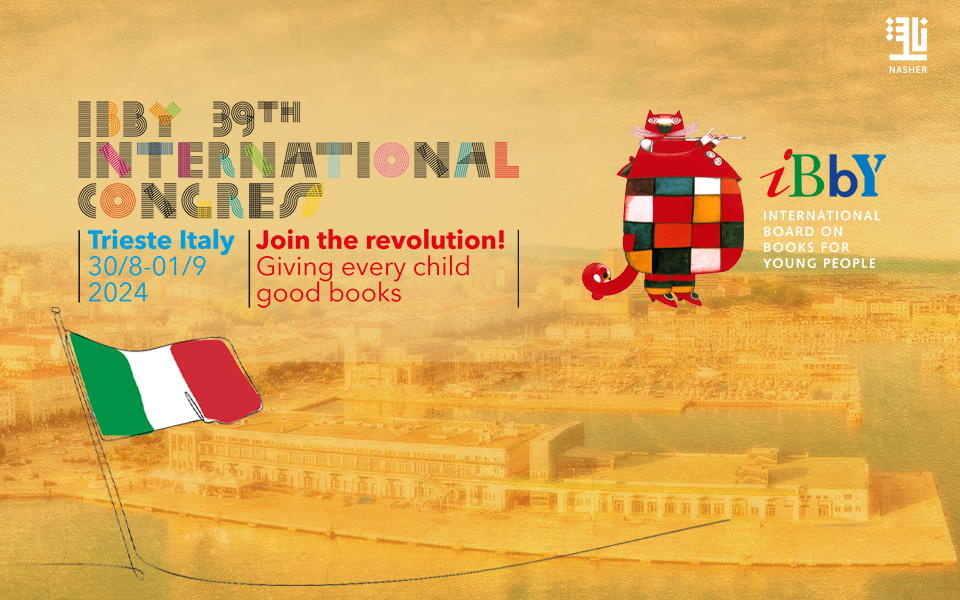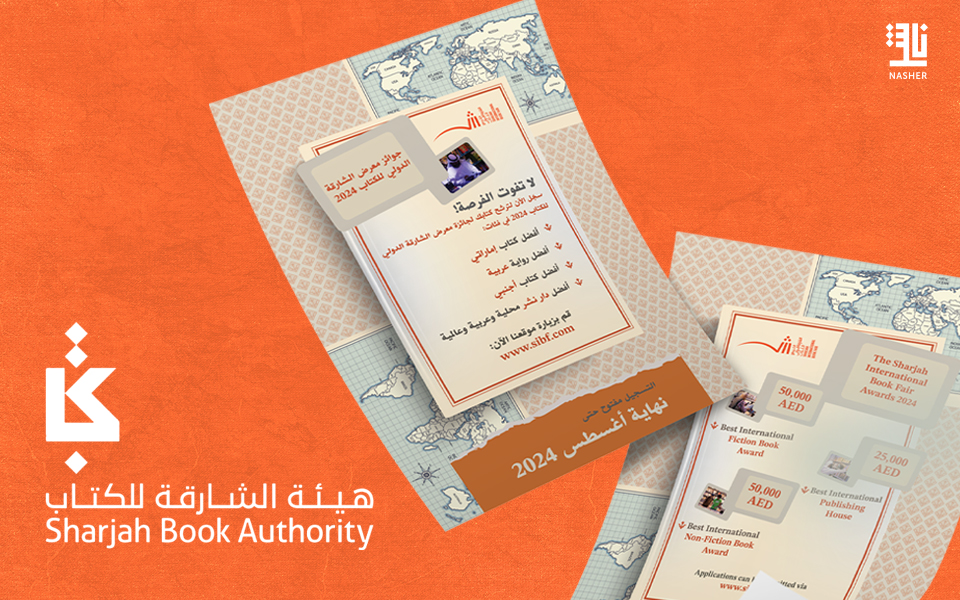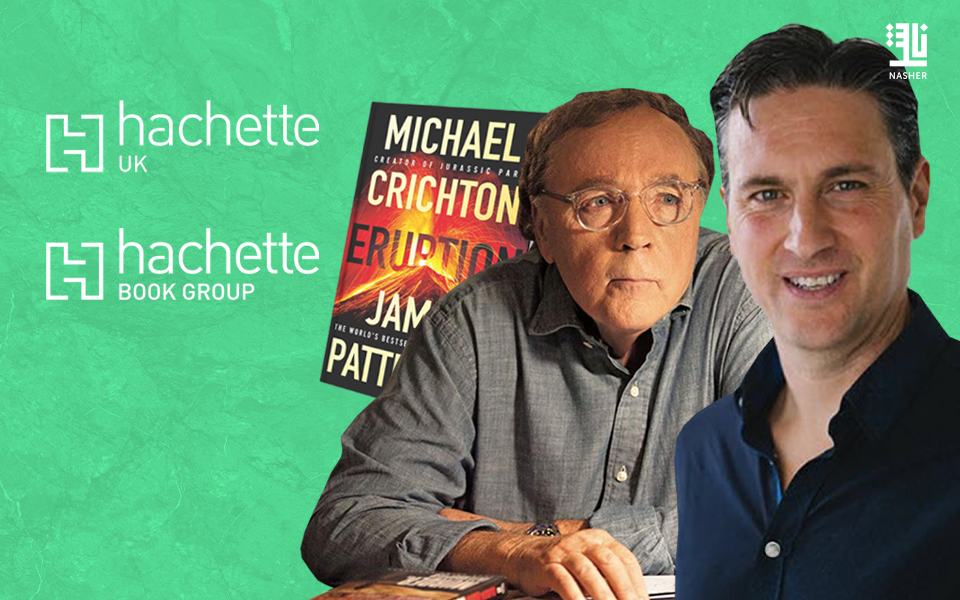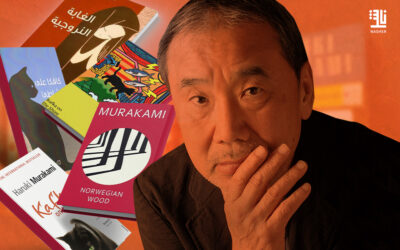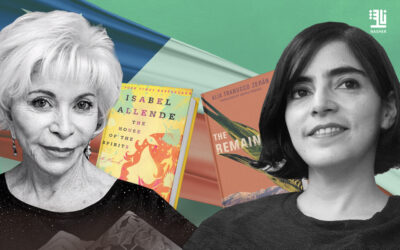A critical analysis by Arab novelists and media figures at Tunis Book Fair 2017
Tunis, Shawqi Bin Hassan
The book industry and the practice of reading in general has witnessed a paradigm shift in recent decades. This includes the books’ content, the way they are received and talked about by readers, and channels of circulation and distribution. Do these changes not warrant being documented and publicised by the media? Is book industry news worthy of being in mainstream news? There is no doubt that the media’s relationship with book-related news, and cultural news in general, is changing rapidly.
On the fringes of the Tunis International Book Fair this year, a seminar titled ‘The Stature of Books in Cultural Media’ made an attempt to examine this trend with Egyptian writer, Mahmoud Al Ghitani; Moroccan novelist, Yassin Adnan; and Tunisian academic, Mohammed Ayat Mayhoub. They brought in their expertise as media personalities involved in print, visual and audio media to the discussion.
Al Ghitani observed that pages devoted to literature in print media are gradually shrinking – an outcome of a larger approach to cancel cultural pages, which has been taken by more than one newspaper in the Arab world. The pretext? Readers are no longer interested in these pages. As a result, literary magazines are often in the line of fire when newspapers and cultural publications try to cut cost amid a trying financial climate.
Al Ghitani also noted that several journalists who represent Arab cultural media are not essentially voracious readers. This decreases their credibility before authors, who then refuse to interview with them. When they do, they mostly find themselves answering questions related to their personal life and incidents that promise media sensationalism, rather than being part of a literary dialogue.
“They are more interested in promoting tabloid than being a voice of culture,” he said.
Citing evidence from the workings of a newspaper’s editorial room, Al Ghitani said that the editor-in-chief is often caught in the quagmires of justifying the worth of the other pages in the newspaper when compared to the richness of its cultural section. This sometimes leads editors and reporters to act in a hostile manner against cultural news, where a weaker news piece is awarded the main headline.
For Moroccan author Yassin Adnan, the stature of books remains the same across all forms of media. “The origin of the problem is the common attitude adopted by media against culture – a stance that is embodied by saying: ‘Culture is no good for anything’. Those who are on decision-making chairs in media houses often believe that politics can manage public affairs alone, and rarely include culture within their larger vision or its big bets,” he said.
The situation is further amplified with the state’s near-abandonment of culture. The repercussions are felt in the way media then perceives, prioritises and circulates news.
Adnan also observed that the marginalisation of culture is equally palpable on other popular media platforms. TV programmes aired at peak times usually have no room for culture. Cultural programmes are produced reluctantly and at a bare minimum level. This approach adopted by TV channels makes the mention of a book or an author interview in a cultural programme with little or no meaning or influence. This approach, in turn, undermines the writer’s ambition to make culture a matter of public concern.
Unlike his counterparts, Tunisian media professional, Mohammed Ayat Mayhoub, painted a more positive picture, saying that an exclusive space is dedicated to culture on ‘Radio Tunis Culture’, where he works. He observed that it is a space where creative intellectuals and academics come together, and present great cultural programmes representing a continuation of diverse creative experiences and academic research.
In the same breath, Ayat Mayhoub also acknowledged that Tunis Radio Culture is an exception in the dominant media atmosphere, which tends to alienate people from cultural experiences and learning.
Yassin Adnan responded to Mayhoub’s point of view by saying he prefers to present a book on a more expansive media space that has a bigger outreach of both listeners and viewers, rather than a specialised space that will be more often than not be accessed by a limited audience.


